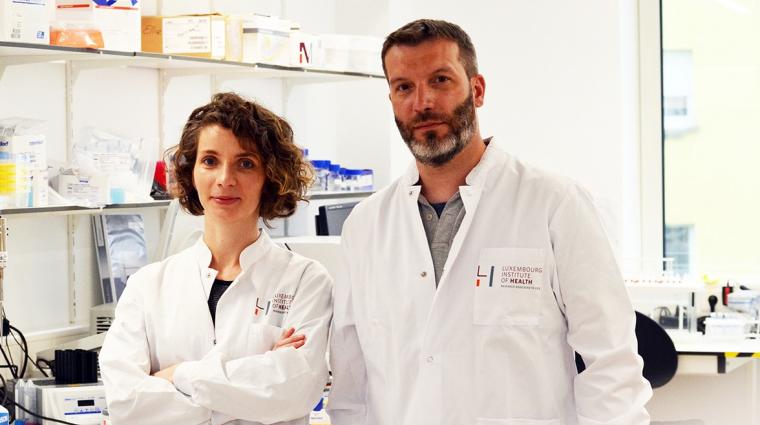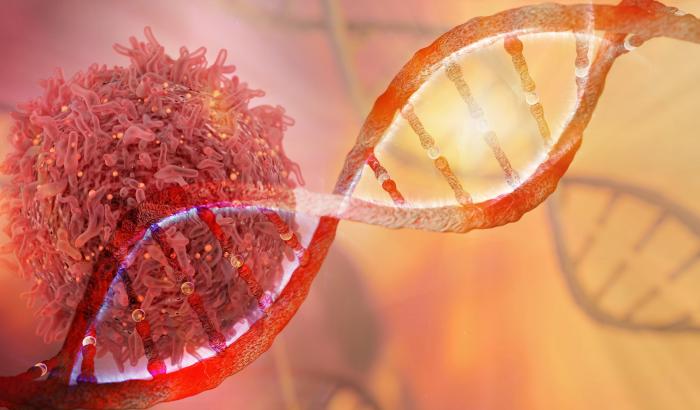
© ezumeimages/Shotshop.com
The transfer of microbes from the mouth to the gut is not as rare as thought
The mouth and the gut are abundantly colonized by microbes and linked by a constant flow of food and saliva. Despite this, they host distinctly different microbiomes. The acidic stomach and antimicrobial small intestine form an oral-gut barrier which was thought to kill off the vast majority of oral microbes before they reached the gut.
The transmission of oral species to the intestine was therefore considered a rare aberrant event, and a hallmark of disease. A recent study now shows that many gut microbes may in fact originate in the mouth.
Even in healthy people, many oral microbes colonize the gut
In this study researchers of the Eco-Systems Biology group at the Luxembourg Center for Systems Biomedicine (LCSB) and collaborators from the European Molecular Biology Laboratory (EMBL) in Heidelberg found that transmission to, and subsequent colonization of, the large intestine by oral microbes is common among healthy individuals. Their results, published in eLIFE, establish oral-fecal transmission as an important process that shapes the gastrointestinal microbiome in health and disease.
Oral-gut transmission occurs when enough cells of an oral species survive the population bottleneck of the oral-gut barrier to establish a new colony inside the gut. This barrier failure has previously been considered rare and – when it does happen – associated with various diseases.
“However, during this study, we have identified many shared microbial strains in saliva and stool samples from several hundred people across three continents,” explains Ass. Prof. Dr Paul Wilmes, head of the Eco-Systems Biology group and co-author of the study. “Our research shows that the barrier between oral and gut microbiomes is weaker than expected and that oral-gut transmission is actually very common in healthy people.”
Potential role in colorectal cancer
The results of the study, supported by the FNR’s CORE program also highlight that there are increased levels of transmission in patients suffering from colorectal cancer or rheumatoid arthritis, suggesting oral-gut transmission of several microbes could play a role in the progression of colorectal cancer. More generally, species described as opportunistic pathogens were found to be more transferable.
These findings establish the mouth as a potential source of gut microbial species and demonstrate that microbes linked to colorectal cancer may originate from within the body rather than the environment. Scientists must now assess whether interventions in the oral microbial community could impact the gut microbiome and its effects on human health.
Author: LCSB
Editor: Uwe Hentschel







